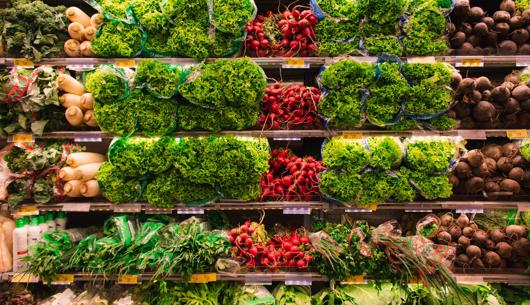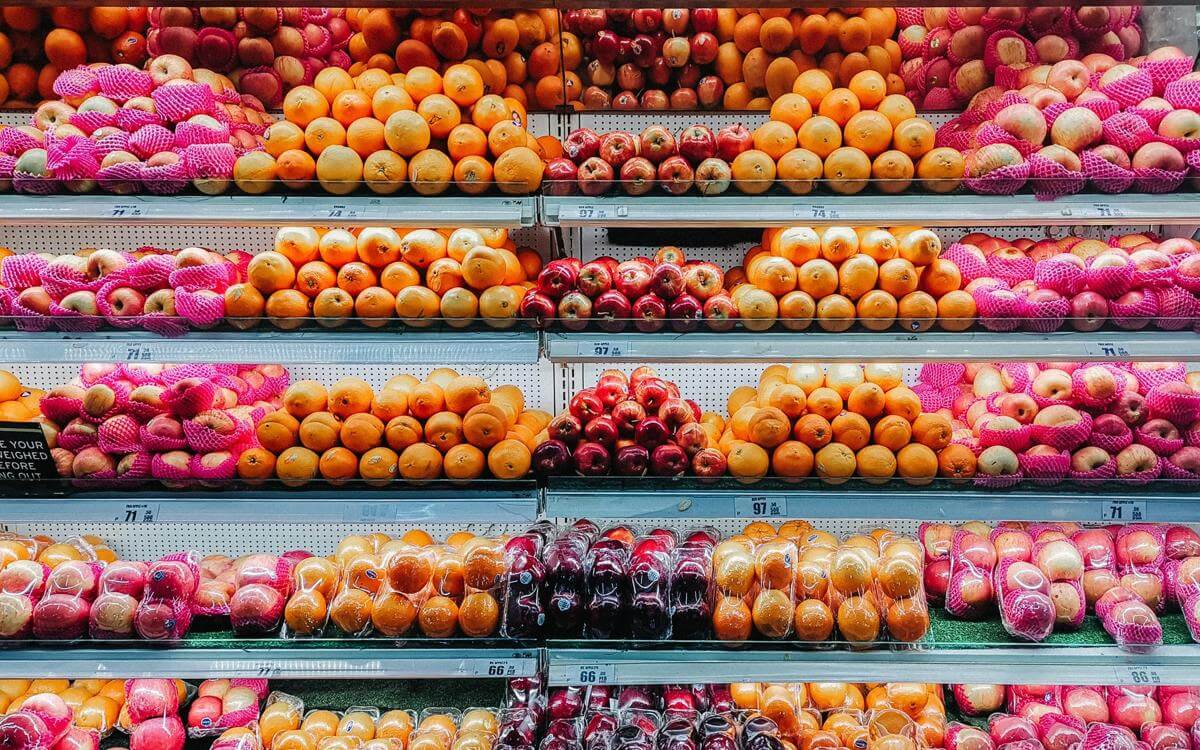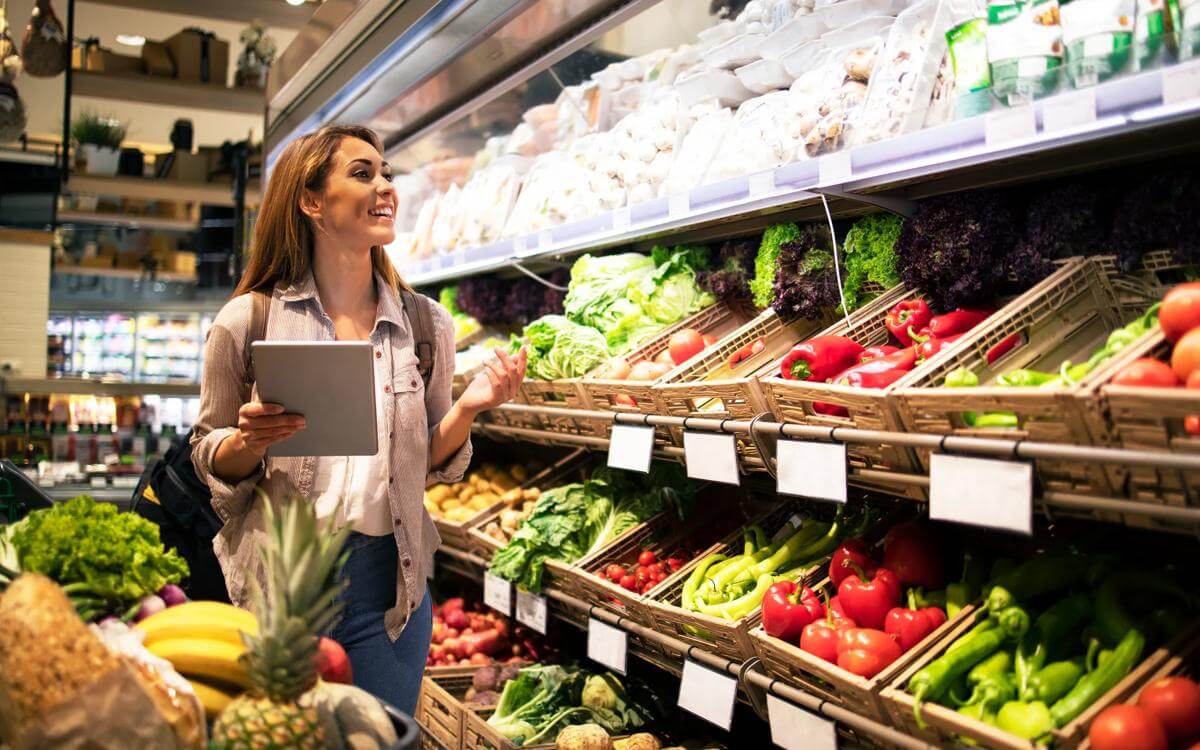Although the current cost of living crisis has seen the demand for vegan foods and plant-based alternatives decrease, veganism and reducing our meat consumption are lifestyle choices and ideals that are here to stay.
As seen with the once over-saturated market of vegan offerings, companies often turn to innovative product development and/or branding in a bid to differentiate themselves from their competitors. In some cases, this has created an opportunity obtain and exploit intellectual property (IP) rights.
The IP rights
While patents seem like the obvious route for companies looking to 'beef up' their IP protection around vegan products, this only applies to those companies who have been able to develop new and exciting products.
Potentially patentable inventions within the food and drink sector include:
- Methods for improving shelf life
- Packaging modifications
- Individual ingredients, such as flavourings, texturising agents or antioxidants
- Processes to produce or treat ingredients
- Techniques to make a known product taste better or have better ‘mouth-feel’.
Although the less obvious route in this context, trade marks are an equally valuable tool for ensuring optimum IP protection.
Taking the example of the fungi-based Quorn food products - the eventual expiry of the original Quorn patents wasn’t a concern for the business as by that time their brand was extremely well established.
Companies should ensure that names, logos and other identifiable elements around their campaigns and any particular products are protected through trade marks. Attractive and innovative branding and early registration in key territories will ensure brands are protected longer term.
While you don’t need to have obtained trade mark protection to begin using a brand / product name trade marks are an important tool for any brand. They operate as both a sword and a shield. As a sword, they enable you, as brand owner, to stop others who are using the same or similar names to cause consumer confusion, freeride on your reputation, or harm you by potentially associating your brand with an inferior product. As a shield, trade mark rights also protect you from others who might try to challenge your right to use or register your brands.
Prior to launching a brand/product or making a trade mark application, you should also conduct brand clearance. This typically involves an assessment of whether your intended brand could:
- be blocked from registration from any prior existing rights, and
- risk a claim of trade mark infringement by any prior rights held by a third party – as seen in the case of Oatly v Glebe Farm Foods.
Given the narrow window for Veganuary, clearance should be conducted in good time ahead of any planned campaign. Products need to be ready to hit the shelves for the entire month and stay there. Early clearance will allow time to ensure freedom to operate and to resolve any issues that might come to light. Launching a product on 1 January without having conducted clearance and then receiving a cease and desist and/or interim injunction application could de-rail the entire campaign and there would unlikely be enough time to resolve the issue and get products back on shelves within the window of opportunity.









































